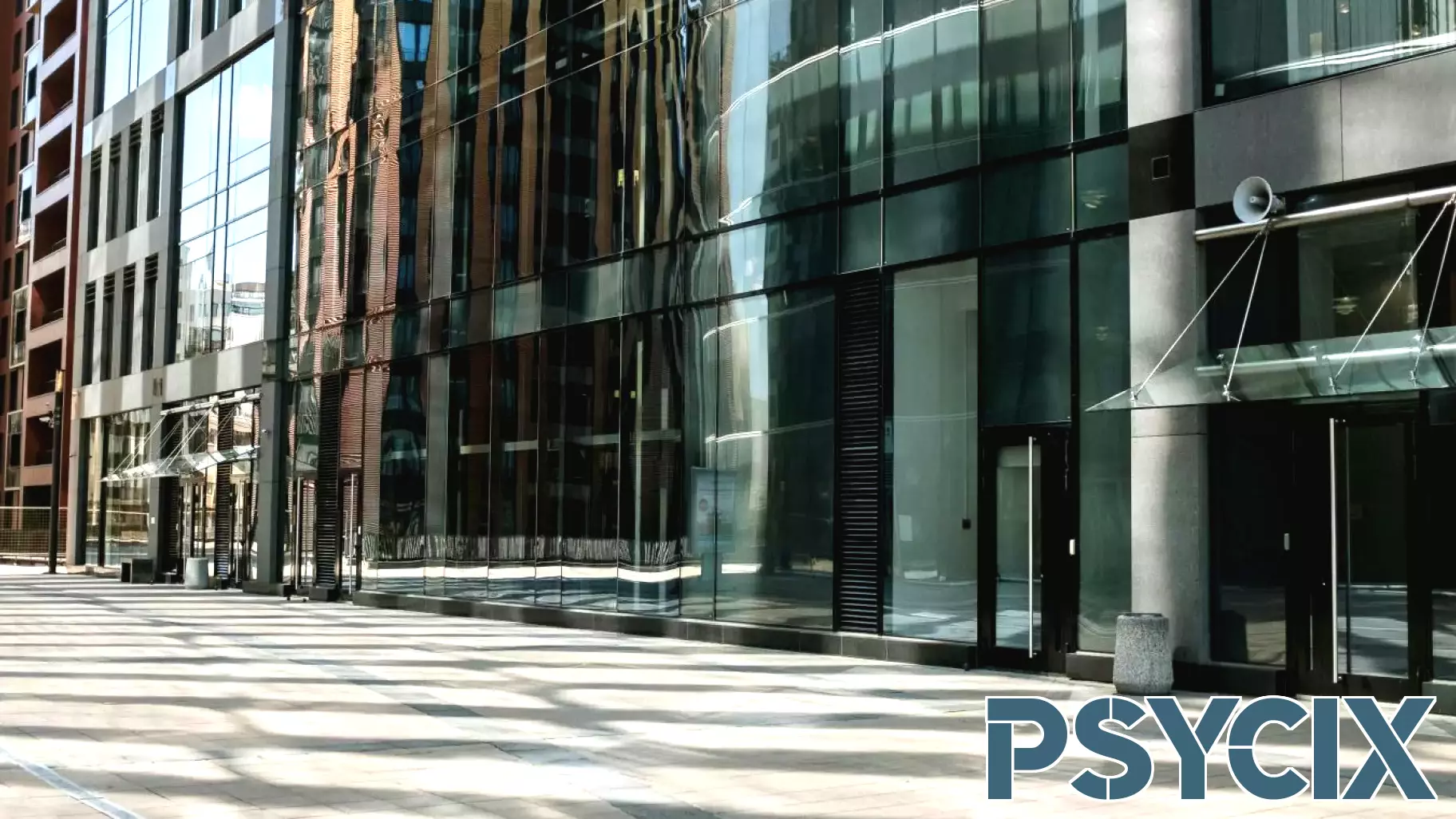April 27, 2025 - 18:48

Humans evolved in small, tight-knit communities, which has significant implications for our modern urban lifestyles. As cities expand and populations surge, many individuals find themselves grappling with stress and anxiety that can be traced back to our ancestral past. The fast-paced, densely populated environment of large cities often overwhelms the human psyche, leading to feelings of isolation despite being surrounded by thousands of people.
Research suggests that the design of our communities plays a crucial role in our well-being. Urban areas that prioritize green spaces, social interactions, and accessible amenities can foster a sense of belonging and reduce stress levels. By focusing on community-oriented designs, cities can help restore the connections that are vital to our mental health.
As we navigate the complexities of urban living, it becomes increasingly clear that returning to the principles of small community structures may hold the key to enhancing our quality of life in bustling metropolitan areas. Emphasizing social cohesion and environmental harmony could pave the way for healthier, happier urban dwellers.



